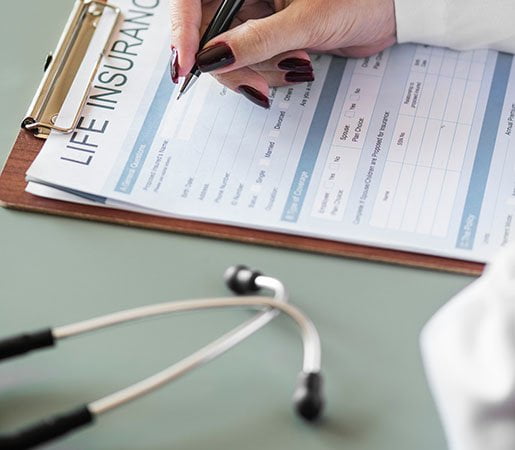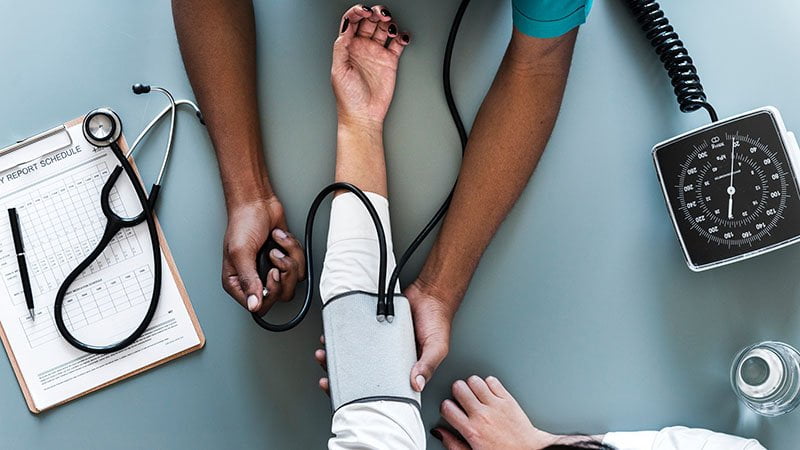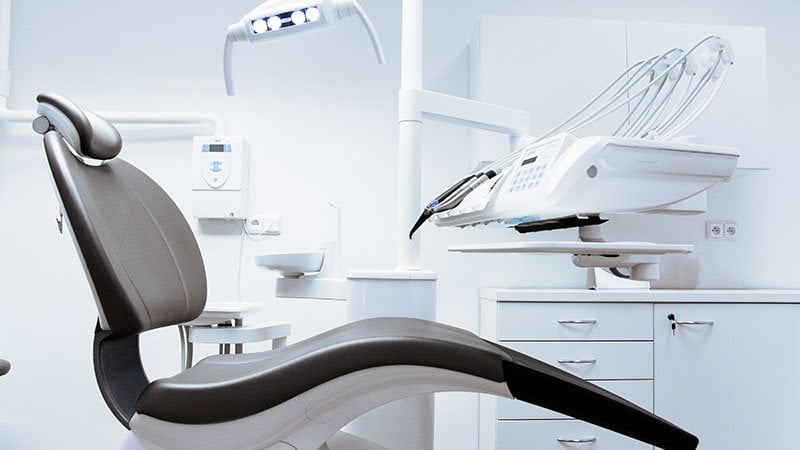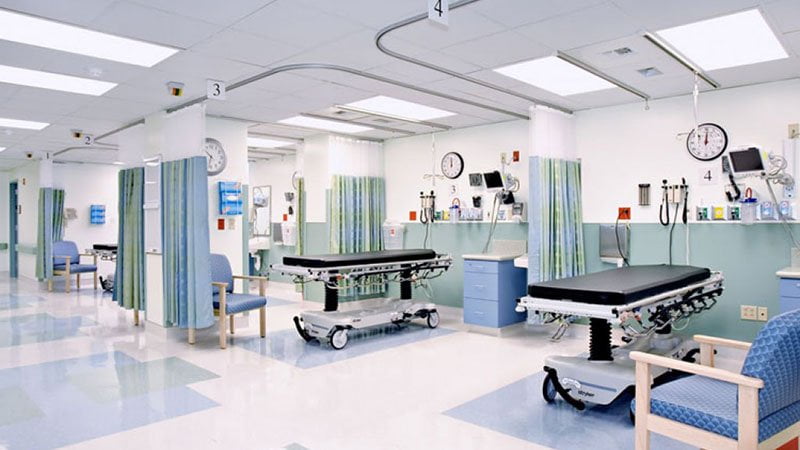Spanish Healthcare System
Spanish healthcare system – A guide for expats
For people who want to live in Spain, temporarily or for a long period of time, it’s necessarily to orientate in the Spanish health care system. Therefore we gathered the most importent information about how it is organised and how to obtain all necessary documents.
The organisation of Spanish health care.
The healthcase system in Spain is characterised by a strict separation between private and public care. Public care is represented by the Spanish health insurance fund. In short, anyone who contributes in one way or another is entitled to public healthcare in Spain. The private care is for those who want to enjoy the health care on a different level.
Public care – The Spanish health insurance fund
The level of a public medical care (Seguridad Social – INSS) in Spain in general is pretty high and comparable to ones in the most EU countries. In some specific fields, oncology for example, it has been said that the level of Spanish public healthcare system is even higher compared to other EU member states.


Private care
Private healthcare system is not that different from the public one, however it offers a more individual approach. The private hospitals are usually more modern and sometimes have the better medical equipment. For those who doesn’t speek Spanish yet, there is a service of interpreters. You are also entitled to have a single room with sleeping accommodation for family, if necessary. The choice of a private insurance (in combination with a public insurance) depends entirely on the individual: what is the best for you in your particular situation. It is advisable, however, to add a private healthcare insurance to your public one until you become more familiar with the Spanish public healthcare system.
Both of the systems have their pros and cons. The main drawback of the private care is the limited choice of care providers. And often there is a limited number of hospitals, doctors, specialists available. Moreover, a private insurance does not always reimburse all the costs.
Spain has several large private healthcare providers. We advise you to check the terms and conditions of each and one of them before signing a contract. It is also useful to look at Brokerfish.com – online platform that help searching for the best option for you.
Non-residents in Spain
If you are an EU citizen visiting Spain for a short period of time and are not retired yet, you are entitled to free medical care or reduced costs in the case of medical emergency. This means that you will receive the same level of medical care as the Spanish nationals, although this may differ from the lever go care of normally provided in your home country. At any time you should be able to present a European Health Insurance Card (EHIC, in Spain known as a “Tarjeta Sanitaria Europea”). The EHIC proves that you are a member of European health insurance system.

The EHIC is individual. So each member of the family must have his/her own card. It is only valid during a short-term stay and limited to unforeseen medical care. In the situation when yo need a hospitalisation or repatriation, an extra private insurance can cover most costs.
If you are paying your contribution for the health insurance, you can collect the EHIC from your health insurance fund free of charge. With some health insurance funds you can even order the card online. Request the card in time so that you have it in your possession before you leave. The EHIC is valid for a maximum of 2 years.

Residents of Spain
If you live in Spain you must pay monthly your social security contributions (to Seguridad Social – INSS) to be eligible for Spanish public healthcare. This can be done in different ways:
- through a deduction from your salary, pension or allowance
- through a legal obligation to pay the contribution from a private company (S.L) or as a self-employed (autónomo).
There are some additional rules established if you are a migrant within the EU. Every EU country has its own set of rules concerning pension so it is recommended to check them upfront.
- Men is 65 jaar of ouder en ontvangt een pensioen en/of een AOW uit Nederland/België. In dat geval ontvangt men voorafgaand aan de emigratie een zogenaamd S1 of E121 formulier van de bevoegde instantie . Dit formulier is het ‘entreebewijs’ voor de INSS.
- Men is jonger dan 65 jaar en ontvangt een uitkering uit Nederland/België. Ook in dit geval heeft men recht op inschrijving in de INSS. (NB. Zolang men een uitkering of pensioen ontvangt vanuit Nederland/België, zal er in Nederland/België een inhouding plaatsvinden voor de INSS in Spanje! Deze inhouding is echter altijd veel lager dan de premie die men betaalde toen men nog in Nederland/België woonde).
- In case you are officially working in Spain, the contribution for INSS is usually deducted from the gross salary.
- If you start your own company in Spain in the form of an S.L. or as an autónomo (self-employed without VAT number), you are obliged to pay a monthly contribution to INSS.
- If you are unemployed in Spain and you are entitled to receive an unemployment benefit from Spain, you pay the contribution for INSS through a deduction your monthly unemployment benefit.
To register for public health care, you must first obtain a Social Security number. You can request it at the nearest Social security office (Tesoreria General de la Seguridad Social). The following documents are required:

- TA1 Form – You can download this form here. This document is available in Spanish only. The first page is a general instruction. The 2nd page contains of the blank fields that you have to fill in, namely part 1 (Datos del solicitante) and part 3 (Datos relativos a la notificación). Do not forget to fill in the place (lugar), date (fecha) and signature (firma) at the bottom of the page.
- ID: Your passport, ID card, DNI- or NIE-number.
- Copy of the Employment contract or internship contract. It is not mandatory to provide this document, but some officials may find it necessary. So it is beter to have it with you anyway.
You can also order it online as a digital certificate from the Tesoreria General de la Seguridad Social. This is possible here
After you have registered with the Seguridad Social, you can go to the local health center (Centro Salud) with that registration certificate to apply for a card or health card. This pass (Tarjeta Sanitaria or TSI) entitles you to public medical care.

EU pensioners living in Spain
People who are retired in their home country and are the EU citizens are eligible to use free healthcare in Spain. All you have to do is fill in the S1 form (old name – E121 form).
To be able to enjoy the free healthcare services you have to be registered at the local social security office where you will be provided with a social security card. It is necessary to have it with you all the time, not only when attending your local doctor’s office or hospital.
Until you have your card (it may take some time), you must be able to prove that you have already applied for it and want to be treated under EU rules.
Unemployed residents in Spain
According to the EU legislation, you have the right to live in another EU member state without losing the healthcare rights you possess in your original country. In addition, you can enjoy healthcare in your new country of residence under the same conditions as any insured person in Spain. To do this, you must request document S1 or E106 from your health insurance fund. If you hand this document over to a health insurance institution in Spain, you and your official dependents will be registered in the Spanish public healthcare system.


Dentists
Visiting a dentist in Spain is NOT covered by public healthcare system. This means there is no free dental care, except for children and emergency cases. If you need a routine dental treatment in Spain, you will have to pay for it or take a private dental health insurance. However, dental treatments in Spain are relatively cheap compared to other EU countries. Dental insurance normally costs only 10-20 euros per month.
Hospitals in Southern Spain
Southern Spain has several large hospitals that operate both for the public and the private sectors. Some doctors and nurses speak English, there are also volunteer translators who are ready to help.
Hospital Costa del Sol in Marbella – a public hospital – has been voted to be the best hospital in Spain (out of 135 Spanish public and private hospitals in 17 autonomous regions). In addition, the departments of Cardiology, Dermatology and Pulmonary Diseases of the Costa del Sol hospital were also finalists in the category “Best specialists”.

In Estepona there are several hospitals and specialised clinics, equipped with the latest technologies and equipment. The region is well known for its plastic and cosmetic surgery.

Pharmacies
Pharmacy – “farmacia” in Spanish, usually have a green or red cross hanging outside in the street. Usually they are open Monday to Saturday from 9:30 AM to 10:00 PM. There are also plenty of 24-hour pharmacies (farmacia de guardia) in every area.
Emergency numbers
The emergency numbers to remember in Spain are:
- 112: Available throughout Spain as a part of the EU. You can call this toll-free number in case of emergency (personal and public safety, medical emergency, etc.).
- 061: This is a toll-free number that you call in the event of a traffic accident.
Marbella way of Living
Gastronomy | Sport | Healthcare | Pets | Family Activities | Finance | Recreational Activities





